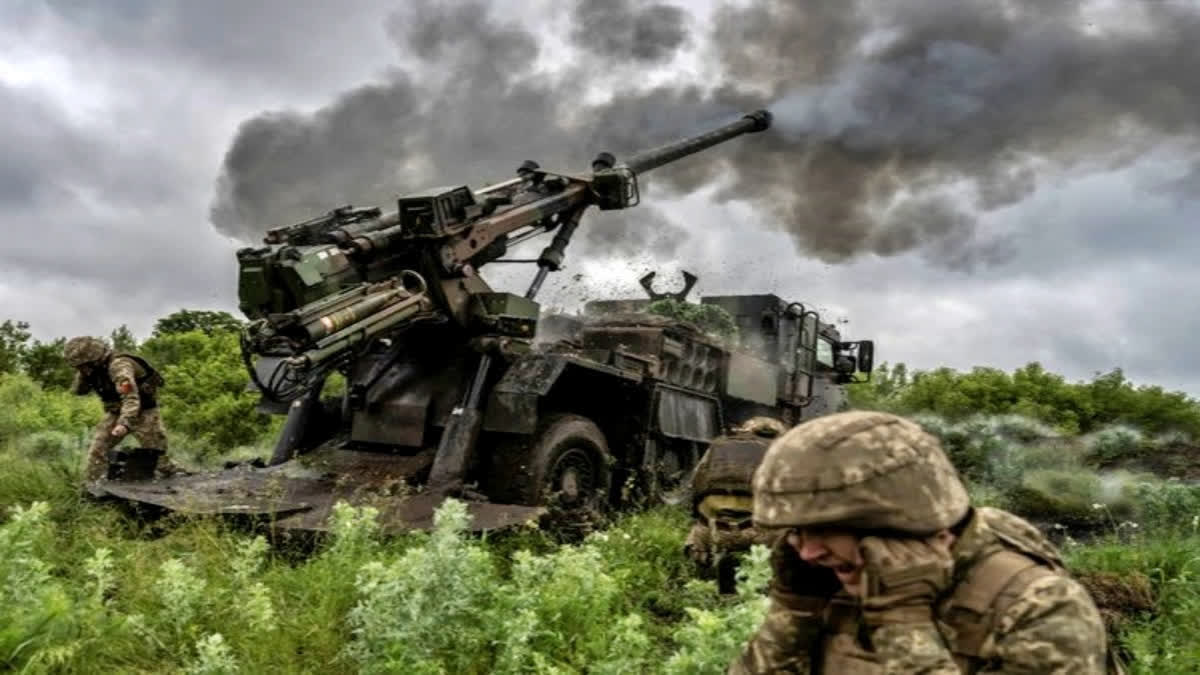Birmingham: It is now almost 600 days since Russia launched its full-scale invasion of Ukraine, and the war that has followed has tested the resilience of both countries. But it has also tested those in the west that have supported Ukraine from the start.
This much was evident from the mixed reception Ukraine's president, Volodymyr Zelensky, received last week when he visited the US and Canada. Meanwhile, tensions in Europe over support for Ukraine have flared up again.
Also read: Russia-Ukraine conflict: Massive shelling, drone strikes injure 4 in Belgorod
"With the Ukrainian counteroffensive still not living up to the perhaps inflated expectations, we are beginning to see the first serious signs of a fraying consensus in the west about how seriously different governments are committed to supporting Ukraine for as long as it takes," he said.
Zelensky's North American visit started with a speech at the UN general assembly in New York in which he made a passionate appeal to fellow world leaders to uphold international law and order and support his country.
While there remains widespread backing for the principles of sovereign equality and territorial integrity, it gets fuzzier when it comes to how to end the war. There are two camps: many western leaders following Ukraine's line that the country's territorial integrity needs to be restored first. Others including a large number of countries in the global south prefer to emphasise the importance of dialogue and an early cessation of violence.
This pattern was repeated the following morning at the UN security council's open debate on the war in Ukraine, with a predictable clash between Zelensky and the Russian foreign minister, Sergey Lavrov, who presented very different accounts of causes and dynamics of the war.
But before the debate could conclude, the security council turned its attention to the crisis in Nagorno-Karabakh, a clear indication that Ukraine is not the only urgent issue on the global agenda.
Zelensky continued to Washington DC where he secured another military aid package worth USD 325 million (192 million pound). This aid can be allocated by US president Joe Biden directly under the so-called presidential drawdown authority.
A further USD 24 billion in aid, which is subject to congressional approval, is more problematic. The Republican House majority leader, Kevin McCarthy, would not commit to putting a bill to that effect on the legislative schedule before the end of the year.
McCarthy also denied the Ukrainian president an opportunity to address a joint session of the House and the Senate, another sign of growing Republican resistance to the enthusiastic support offered to Ukraine by the Biden administration. Moving up to Canada, Zelensky received a universally warm reception and left with a military aid package worth CD 650 million (394 million pound).(AP)



